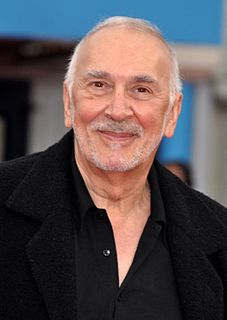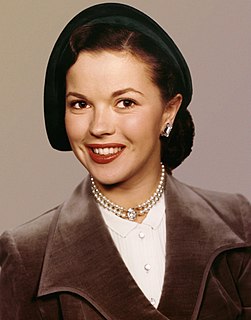A Quote by George MacDonald
When we are out of sympathy with the young, then I think our work in this world is over
Related Quotes
You know you have that zealousness of the young person that feels like you can go out and do it all. You know you save the world, save your gente, save women and before you know it if you try to do that you will burn out very quickly. My feeling is that I always think that and my advice to young people regardless of what times in these decades we've been living in there's always work to be done. The point is what can you do personally that you can live with so that you can get up the next morning and have the strength to start it all over again.
When an old man and a young man work together, it can make an ugly sight or a pretty one, depending on who's in charge. If the young man's in charge or won't let the old man take over, the young man's brute strength becomes destructive and inefficient, and the old man's intelligence, out of frustration, grows cruel and inefficient. Sometimes the old man forgets that he is old and tries to compete with the young man's strength, and then it's a sad sight. Or the young man forgets that he is young and argues with the old man about how to do the work, and that's a sad sight, too.
Like running the hurdles. Work so hard, jump over every one, fast, high enough but no higher, because you can't afford to hang in the air. And then, when the race is over, you're dripping with sweat, either they beat you or you beat them ... and then a couple of guys come out and move the hurdles out of the way. Turns out they were nothing. All that work to jump over them, but now they're gone.
Over the years, I developed an extreme hostility towards the non-profit art organization gulag. I formed the opinion that it's actually a very sophisticated form of government suppression of creativity, particularly in young people. When I see the younger generation dragged into this and being told to write these statements and take these photos, define your work this way or that way, I think it's wrong. I think instead of paying any attention to politics, a great project for young artists is to attack and destroy the non-profits of our world.
If sympathy is all that human beings need, then the Cross of Christ is an absurdity and there is absolutely no need for it. What the world needs is not "a little bit of love," but major surgery. If you think you are helping lost people with your sympathy and understanding, you are a traitor to Jesus Christ. You must have a right-standing relationship with Him yourself, and pour your life out in helping others in His way— not in a human way that ignores God.
We aren't defined by our work. People think if you over-identify with your work, then that must mean you're giving over too much of yourself to it, that there's something wrong with that. We're trained to believe in things like work-life balance. So much work is tending towards service. It's very much about creating experiences rather than products, and it makes those boundaries between life and work very slippery.
I'm quite optimistic. I'm also a realist. And I hope, you know, things work out. I don't think that the world will ever know peace. Complete peace in all countries. I think perhaps that's not in our makeup to do this although we can pray for it and work for it. But I think that the building blocks of peace are moving into shape, and I think that the world is going to be a better place.
The thing about theater that always and still kind of makes me edgy is that you work and work and work and work, and then you're just in performance mode, and then you have to just be on; the work is done, and then you just have to do it over and over again, so you're just constantly at that performance level.





































